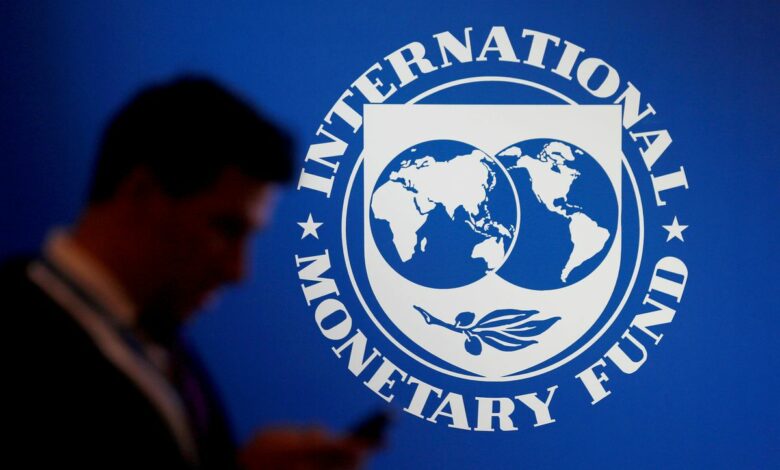
The International Monetary Fund lowered its growth forecast for the Egyptian economy during the current fiscal year 2023-2024 to 3.6 percent, compared to its previous estimates of 4.1 percent.
The IMF announced on Tuesday morning at the Moroccan capital, Marrakesh that the 2024 World Economic Outlook Report indicates an overall slowdown in global economic growth from 3.5 percent in 2022 to three percent in 2023 and 2.9 percent in 2024.
The report said that global growth expectations are still below the historical average of 3.8 percent in recorded the period in 2000-2019.
The IMF’s expectations for 2024 decreased by 0.1 percentage point from the July 2023 World Economic Outlook report.
The IMF did not change its growth forecast for advanced economies the latest report and kept it at 1.5 percent for 2023 year and 1.4 percent for 2024.
The report reduced the growth expectations for developing countries by 0.1 percent in 2024 to four percent, to be equal to the current year’s growth expectations.
The US economy will grow by 2.1 percent this year, up from 1.8 percent expected in July. The IMF also raised its forecast for US economic growth of 0.5 percent in 2024 to 1.5 percent.
The organization reduced the European zone’s growth forecast to 0.7 percent in 2023 and 1.2 percent in 2024, by 0.2 percent and 0.3 percent, respectively.
And the funs also lowered its forecast for China’s economic growth by 0.2 percent and 0.3 percent during the current and next year, to five percent and 4.2 percent, respectively.
Russia’s economic growth forecast was raised in 2023 by 0.7 percent to 2.2 percent, but was decreased for 2024 to 1.1 percent.
Too early to be confident
The IMF said it was too early to be confident about the performance of the global economy, with the slow and uneven recovery of economies from the repercussions of the COVID-19 pandemic and the war in Ukraine, despite the economic growth following the reopening of economies and progress made in reducing inflation from the peak it reached in 2022.
Economic activity was still below pre-pandemic levels, especially in emerging markets and developing economies, the IMF noted, pointing out to increasing disparities in various regions of the world.
Negative effects are still emerging in the global economic scene, including the long-term consequences of the COVID-19 pandemic, the war in Ukraine, and increasing geoeconomic fragmentation, as well as the effects of the tightening of monetary policy imposed to reduce inflation, the withdrawal of financial support amid rising debt, and the extreme weather phenomena.
However, the IMF indicated that the risks threatening the outlook have become more balanced compared to six months ago, after the US debt ceiling crisis was resolved and the Swiss and US authorities acted decisively to contain the financial turmoil in the banking sector.
According to the report, the balance of risks threatening global growth remains tilted towards the negative side, and the real estate sector crisis in China could worsen, with consequent indirect effects globally – especially for exporters of basic commodities.
The rise in inflation in the near term could contribute to a tightening of supply in labor markets and continued inflation pressures, which may require a higher interest rate than expected.
Further climate and geopolitical shocks could lead to additional rises in food and energy prices, according to the report, which warned that geoeconomic fragmentation could restrict the flow of goods through markets, causing additional price volatility and complicating the transition to a green economy.
With high debt servicing costs, more than half of low-income developing countries are in debt distress or at high risk of debt distress.




